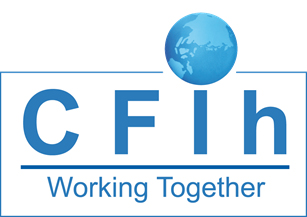- info@cfiholding.com
- SINGAPORE
Potassium
Potassium helps leguminous to fix the atmospheric nitrogen and is essential for the water control of the plants and drought resistance. Potassium is a critical nutrient for crops storing large amount of sugar.
Severe potassium deficiency is visible on older leaves: they have brown spots, yellow edge and turn brown before dying.
POTASSIUM SULFATE OR SULFATE OF POTASH (SOP)
Sulphate of Potash (SOP) is a water-soluble fertilizer with high potassium and sulfur content. It is readily soluble in water and is best for drip irrigation and foliar application of fertilizer.
The process of production of SOP is named Mannheim, as it uses furnaces of the same name.
Potassium chloride and sulfuric acid react together in Mannheim furnaces, heated by natural gas, where these raw materials are slowly mixing. This reaction generates gaseous hydrogen chloride (HCl) and SOP. The product SOP is cooled in cooling screws, neutralized with limestone, and screened. The final product is then ready to be bagged.
The HCl gases are treated in the HCl absorption section in different steps. The residual amount of HCl gas is absorbed in tail gas scrubbers. After all the above treatment of HCl gases, the cleaned gases are released to the atmosphere.

